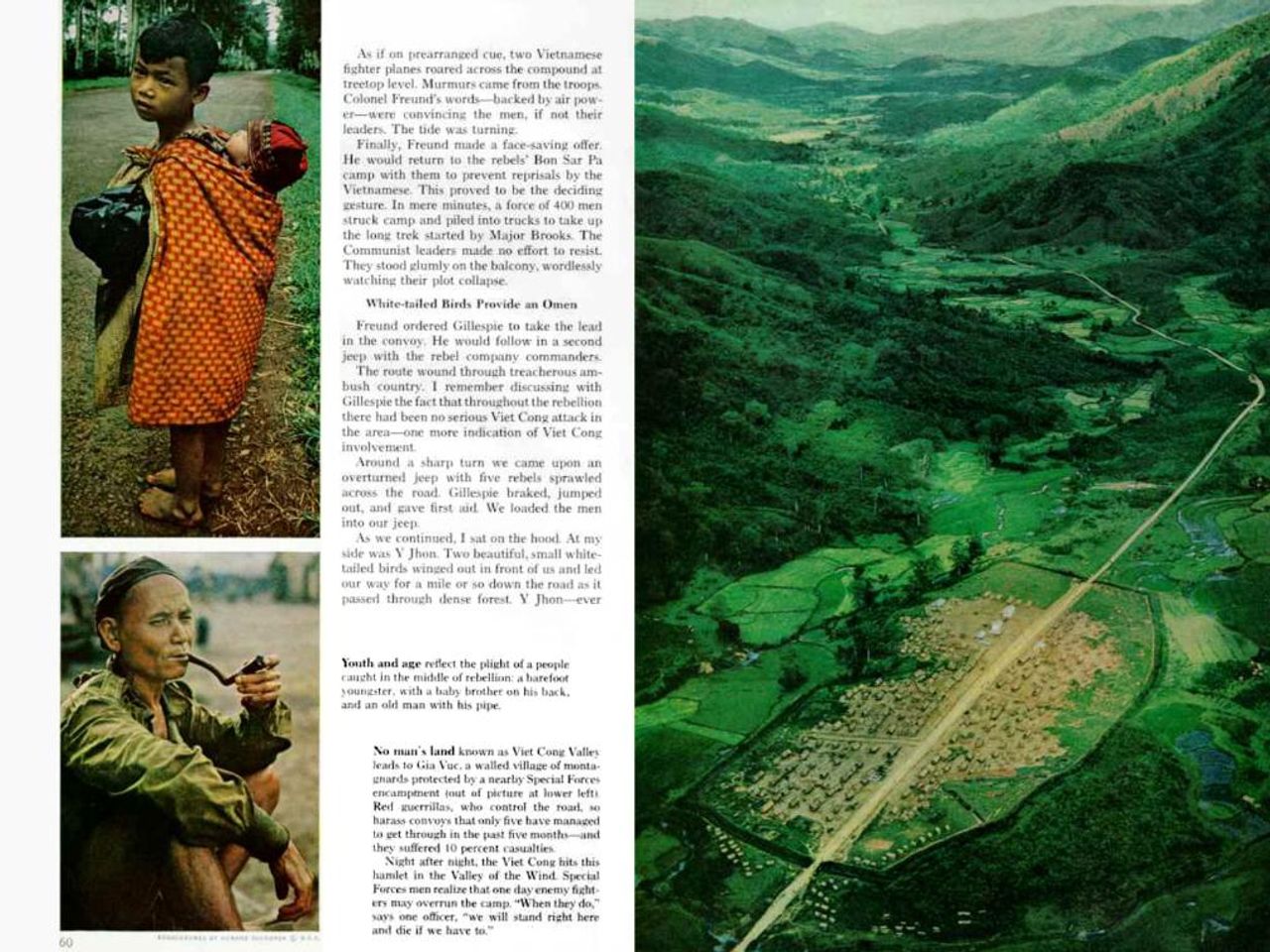Grasping the Shift: Germany's Emergence of Resilient Grape Varieties in Vineyards
- Expanding Grape Varieties Gaining Significance in Agriculture
In the face of climate change, German vineyards are buzzing with a new wave of adaptability. Winemakers are increasingly embracing hardy, resilient grape varieties as traditional ones falter under the changing weather patterns. According to the German Wine Institute (DWI), these resistant grape varieties or Piwis, such as Souvignier Gris, accounted for 3.5% of the total vineyard area in 2024, spanning about 3,500 hectares.
Another significant shift can be seen in the dipping red wine segment, where southern grape varieties are becoming more prevalent. Although Souvignier Gris stands out as the most impactful Piwi variety, traditional white grape varieties like Chardonnay, Weißburgunder, Grauburgunder, and Sauvignon Blanc have also seen a growth spurt.
The DWI claims that winemakers are acutely adjusting to the challenges of climate change. The 2024 vineyard statistics from the Federal Statistical Office show that white wine grape varieties covered approximately 71,400 hectares out of a total 103,300 hectares. Remarkably, against the tide, well-known varieties like Merlot and Cabernet Sauvignon, along with new, robust red wine varieties Pinotin and Cabernet Cortis, saw an increase in cultivation.
The movement towards sustainable winegrowing is also on the rise. In 2023, ecologically managed vineyards accounted for 15,300 hectares, up 1,500 hectares from the previous year, with the organic share standing at around 15%. These numbers indicate that Germany's grape growers are embracing change, adapting to the evolving climate, and striving for a greener future.
Grape Variety
- Resistant: Souvignier Gris, Piwis
- Emerging: Chardonnay, Sauvignon Blanc, Merlot, Pinotin, Cabernet Cortis
- Traditional: Riesling
Wine Growing
- Climate Change Adaptations: Shift to southern varieties, spread risk by incorporating grapes with different harvest times
- Sustainable Winegrowing: Ecologically managed vineyards, organic share at around 15%
Wine Region
- Germany
- Bodenheim (15,300 hectares for ecologically managed vineyards in 2023)
- As climate change alters weather patterns, winemakers in German vineyards are turning to resilient grape varieties such as Souvignier Gris, Weißburgunder, and Gris, which are known for their resistance.
- Employment policies within the vineyards may need to be adjusted to account for the growing popularity of emerging grape varieties like Chardonnay, Sauvignon Blanc, Merlot, Pinotin, and Cabernet Cortis, in order to maintain a balanced workforce.
- The community policy in Bodenheim, a significant wine-growing region in Germany, should consider the increasing trend towards sustainable winegrowing practices, as ecologically managed vineyards accounted for 15,300 hectares in 2023, with an organic share of around 15%.








